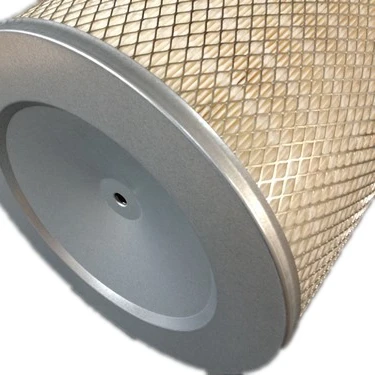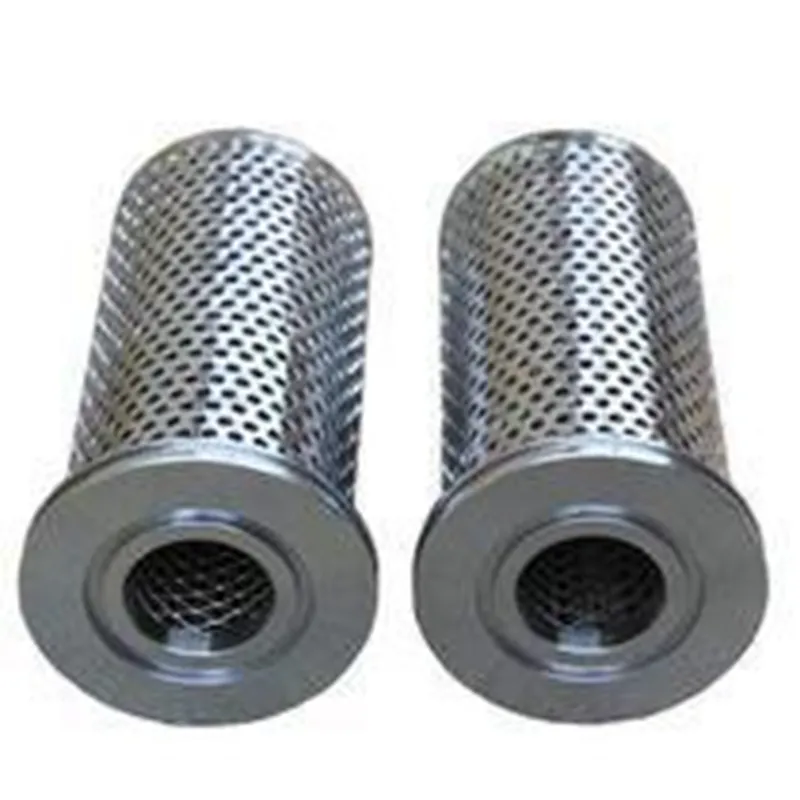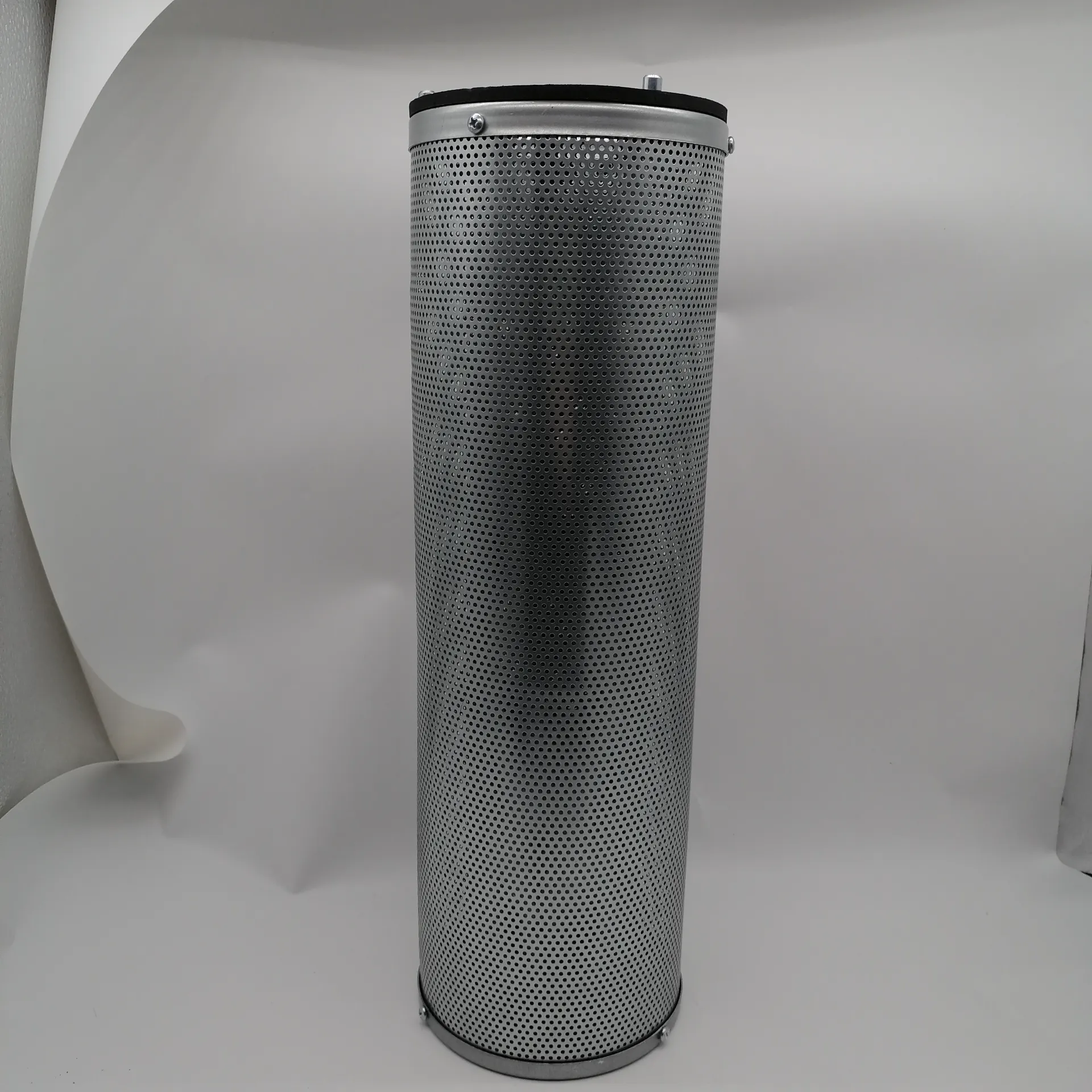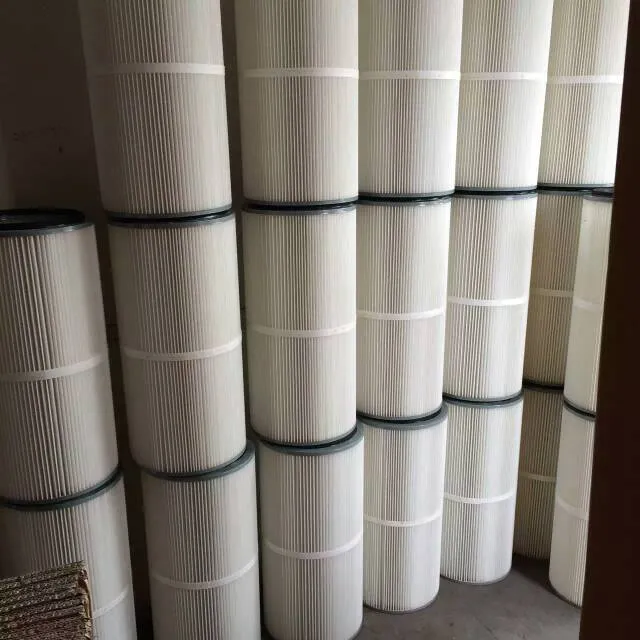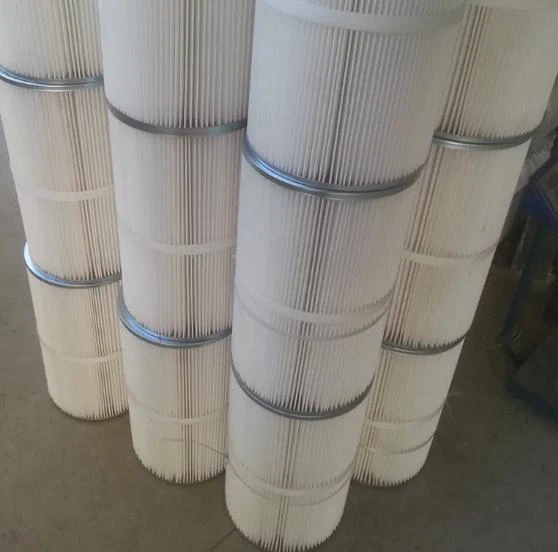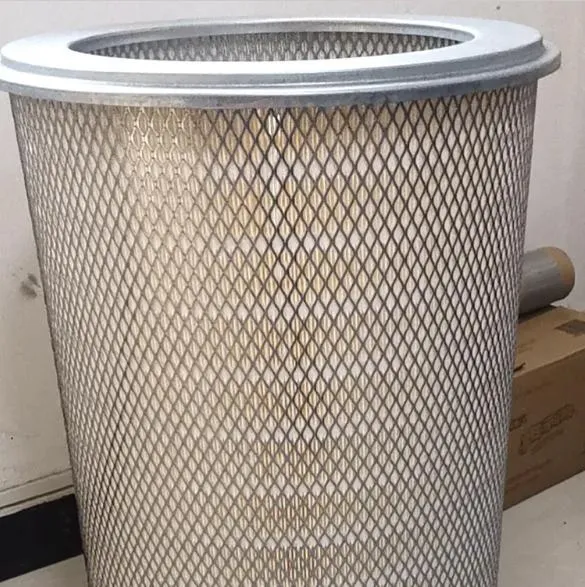 Tel:
+8618931101301
Tel:
+8618931101301
Août . 10, 2024 19:00 Back to list
Metal Filtration Solutions for Enhanced Performance and Efficiency in Industrial Applications
Understanding Metal Filter Elements Key Features and Applications
In the world of filtration technology, metal filter elements play a critical role in ensuring the purity and efficiency of various industrial processes. These filters are designed to remove contaminants from liquids and gases, offering a range of advantages over traditional filter media. This article delves into the significance of metal filter elements, their characteristics, and their diverse applications across different industries.
Metal filter elements are typically made from stainless steel, aluminum, or other alloys, making them highly durable and resistant to temperature fluctuations, corrosive environments, and mechanical stress. Unlike traditional paper or plastic filters, which may deteriorate or clog quickly, metal filters provide a longer service life and can withstand rigorous cleaning processes. This feature is particularly beneficial in industries where downtime is costly, allowing for uninterrupted operation and reduced maintenance costs.
One of the most notable characteristics of metal filter elements is their ability to operate at high temperatures. This quality enables them to be used in applications involving hot gases or fluids, such as in oil and gas extraction, petrochemical refining, and automotive manufacturing processes. Furthermore, metal filters can be backwashed or cleaned with solvents, extending their lifespan and making them a cost-effective choice for high-volume applications.
The design of metal filter elements can vary depending on the specific needs of the application. Options include sintered metal filters, woven wire mesh filters, and perforated plate filters, each providing unique filtration capabilities. Sintered metal filters, for instance, are created by fusing metal particles together at high temperatures, resulting in a filter with a fine pore structure that provides high filtration efficiency. In contrast, woven wire mesh filters offer different mesh sizes to accommodate varying particle sizes, providing versatility in applications.
metal filter element
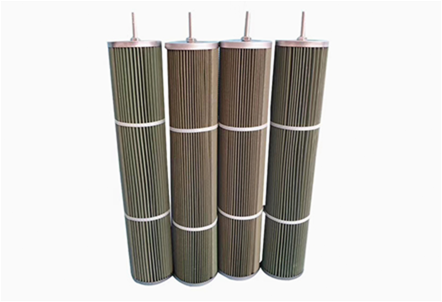
Applications of metal filter elements are diverse and span across multiple sectors. In the food and beverage industry, these filters are employed to ensure that products meet safety standards by removing unwanted particles from liquids such as beer, wine, or olive oil. In the pharmaceutical industry, the purity of active ingredients and solvents is crucial, making metal filters an essential component in the manufacturing process.
In the aerospace and automotive industries, metal filter elements are vital in systems such as fuel filtration, oil filtration, and air filtration. They help to maintain optimal performance and longevity of engines by ensuring that contaminants are effectively removed from critical systems. Additionally, in chemical processing industries, these filters assist in managing catalyst recovery and ensuring clean output for further processing.
Environmental considerations also play a significant role in the adoption of metal filter elements. As industries seek to reduce waste and enhance sustainability, metal filters can be recycled at the end of their life cycle, minimizing environmental impact. This eco-friendly aspect is increasingly important as companies strive to meet stringent regulatory requirements and public expectations regarding sustainable practices.
In conclusion, metal filter elements represent a crucial technology in modern filtration systems, offering a blend of durability, efficiency, and versatility across various industries. Their ability to handle extreme conditions, coupled with ease of maintenance, makes them a preferred choice for many applications. As industries continue to evolve and demand higher performance from their filtration solutions, metal filter elements will undoubtedly play a pivotal role in ensuring quality, safety, and sustainability in manufacturing processes.
-
The "weight" secret of activated carbon filter: the heavier the better?NewsMay.09,2025
-
Why is coconut shell activated carbon the preferred material for high-end filter elements?NewsMay.08,2025
-
5 maintenance tips to extend the life of dust filter elementsNewsMay.07,2025
-
Why does the air filter affect the power of the car?NewsMay.06,2025
-
When should the dust filter be replaced?NewsApr.30,2025
-
How to choose a special dust filter?NewsApr.29,2025

 Email:
Email:
